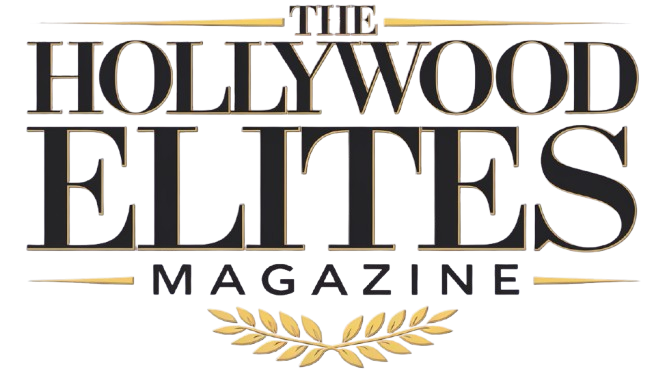With Young Thug’s gang trial set to start later this month, Atlanta prosecutors are defending their plans to cite his rap lyrics as evidence against him — including by arguing that a manifesto written by the infamous Unabomber would not be inadmissible in court merely if it had been “set to music.”
Thug’s lawyers say his music should be off-limits at the upcoming trial, echoing widespread criticism that the tactic violates the First Amendment and unfairly sways juries. But with a judge set to decide that issue this week, prosecutors aren’t exactly shying away from the controversial practice.
In a motion filed Friday (Nov. 3), the Fulton County District Attorney’s office argued that the lyrics are clearly fair game because they allegedly show Thug (real name Jeffery Williams) and others admitting to being members of a criminal enterprise called YSL — the very crime they’re accused of committing.
“Gang lyric evidence pertaining to the predicate offenses, YSL, its rivals, expectations, and behaviors are all highly pertinent to the defendants’ states of mind and intent in this case,” the DA’s office wrote. “The defendants associated with YSL for criminal purposes.”
In making those arguments, prosecutors also attacked the broader claim that rap music is often unfairly targeted in criminal cases. They accused Thug’s lawyers of seeking an unreasonable “genre-based blanket exclusion” against any evidence that was set “to a beat” — an outcome they said would lead to “an absurd result.” To illustrate how “ridiculous” that position is, prosecutors made a striking comparison.
“Taken to its logical outcome, the defense would seem to opine that if the Unabomber’s manifesto had been set to music, it could not be used against him in any court,” the DA’s office wrote. “According to the defense’s argument, had the Turner Diaries been read with background music, it could not have been introduced against Timothy McVeigh.”
The “Unabomber” refers to terrorist Ted Kaczynski, who killed three and injured dozens by mailing bombs to victims between 1978 and 1995. McVeigh was the white supremacist behind the Oklahoma City bombing in 1994, which left 168 people dead, including 19 children.
In court documents, prosecutors also laid out exactly which Thug lyrics they plan to quote in court during the trial, including: “F– the snitches, need to be in ditches”; “Gave the lawyer close to 2 mil’ he handle all the killings;” and “I was a capo in my hood way before a plaque or a mention.” Prosecutors also listed many other lyrics, including by other YSL members, that they might reference to jurors.
Civil liberties activists and defense attorneys have long criticized the use of rap lyrics to win criminal convictions. They argue that it unfairly targets constitutionally protected speech, treating hyperbolic verse as literal confessions; they also say it can unfairly sway juries by tapping into racial biases.
Lawmakers in California passed legislation last year restricting the use of rap lyrics and other creative expression as evidence in criminal cases, and a federal bill in Congress that would impose similar restrictions has been widely supported by the music industry. But absent such statutes, courts around the country have mostly upheld the right of prosecutors to cite rap lyrics, particularly in gang-related cases.
Thug and dozens of others were indicted in May 2022 over allegations that his “YSL” group was not really a record label called “Young Stoner Life” but a violent Atlanta gang called “Young Slime Life.” Prosecutors claim the group committed murders, carjackings, armed robberies, drug dealing and other crimes over the course of a decade.
After months of delays, a jury was finally seated last week, clearing the way for the trial to kick off on Nov. 27 against Thug and five other remaining defendants. But before then, Judge Ural Glanville must decide on whether the jury can hear his lyrics as part of the prosecution’s case.
In a motion last year, Thug’s attorney, Brian Steel, argued that using the lyrics as evidence was “racist and discriminatory” and would leave the jury “poisoned” against his client. The use of that term was perhaps an allusion to a 2014 ruling by the New Jersey Supreme Court, which overturned a shooting conviction on the grounds that “inflammatory rap verses” had risked “poisoning the jury against the defendant.”
“The admission and use of these lyrics/poetry/artistry against Mr. Williams in his upcoming trial would be a Constitutional violation and an abuse of discretion,” Steele wrote last year in his motion to exclude them from the case. “Mr. Williams has the absolute right, like all persons in America, to exercise lawful speech/expression.”
A hearing over the admissibility of lyrics is set for Wednesday morning (Nov. 8).

